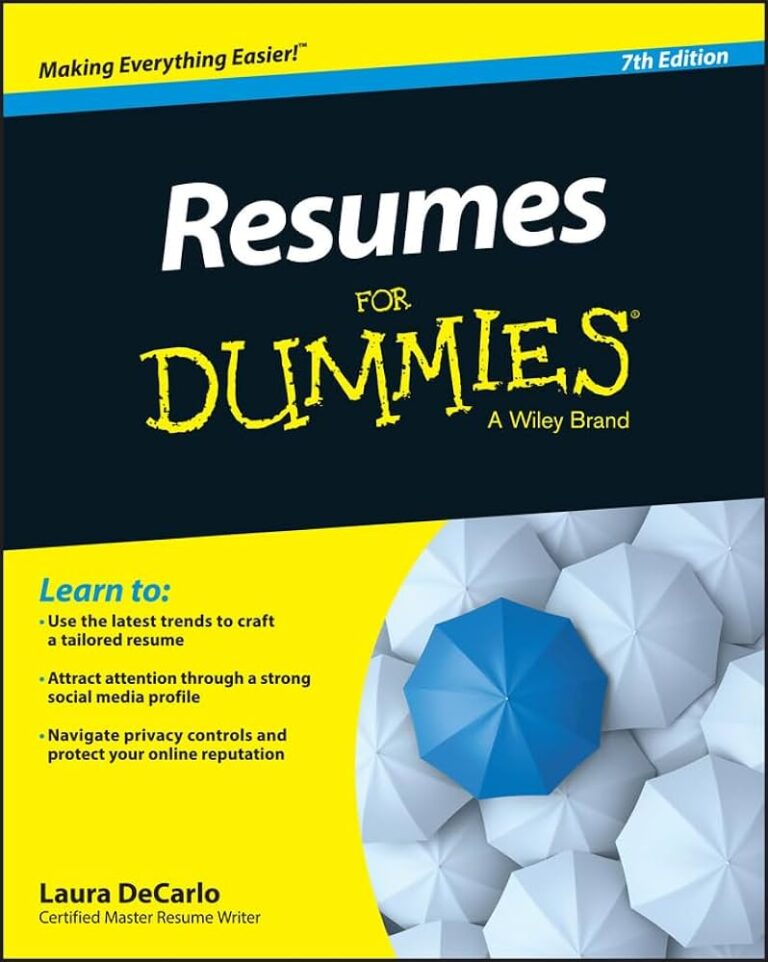There’s been some talk recently about wage subsidies and other employment incentives primarily focused on the younger employee. So a good time to remind our older workforce members, particularly jobseekers, that they also offer many workplace benefits. It was recently reported by the Australian Institute of Health & Welfare (AIHW) that “Australians are increasingly working to an older age”, with the 65+ year workforce increasing from 8% in 2006 to 13% in 2018. Whatever the reasons for this escalation, it’s a sign that employers also understand the benefits.
“For business, a work culture that supports older workers can lead to improved productivity, competitiveness and client satisfaction.” (Australian Government, Department of Education, Skills & Employment)
As a mature-age job candidate, it’s pretty much about highlighting the advantages you have on offer based on your former work experience, while also demonstrating an energetic approach towards continual career growth. For example, you’ve kept up with the latest technologies relevant to your career and have effectively applied these as a complement to your professional strengths and capabilities (e.g. face-to-face communications). In an American Express article, a director at US National Institutes of Health stated that companies that attract and retain older workers are more likely to stay competitive. This is backed up by Bunnings, Australia’s largest warehouse chain that knows the benefits of a healthy age-mix of employees, including for mentoring purposes and to convey technical expertise to customers.
“We learned a long time ago that older, more experienced team members are an integral part of creating a business that engenders trust and confidence for our customers. Our team spans six generations from 15 to 80, which provides fantastic learning and mentoring opportunities for everyone.” (Andrew Macdonald, GM Human Resources, Bunnings)
In addition to recognition as potential leaders and mentors within a business, older employees are also commonly appreciated for their strong work ethic underpinned by loyalty (they are working there because they want to be), and potentially because of the well-established professional networks they can bring to the union. They have also often encountered various workplace challenges in their career, such as team-based personality clashes and resistance to work changes, and therefore have the wisdom that mostly comes from experience to know how to deal with such issues.
“Unlike the younger generations who can have itchy feet, big ambitions, OEs and families to entice them away from your organisation, our research shows that the those aged nearer to 55 are more likely to stay put in the job they have. In fact, 60% of 55-64 year olds intend to stay in their current job.” (SEEK)
“What the tech industry often forgets is that with age comes wisdom. Older workers are usually better at following direction, mentoring, and leading.” (Vivek Wadhwa, US Technology Entrepreneur and Academic)
First and foremost, if you’re a mature-aged jobseeker don’t take on board any of the ‘on the shelf’ hype when you have such a depth of knowledge and experience you can offer prospective employers. In today’s marketplace, it’s all about putting your best foot forward, so embrace what you have on offer and use it to your advantage.
___________________________________________________________________
From spicing up a LinkedIn profile to overhauling a resume and adding an often-critical cover letter, to writing up selection criteria attuned responses, Walton’s Words thrives on creating career documentation that helps you to stand out. Give us a call or drop us a line if you would like to discuss your resume writing needs further.





